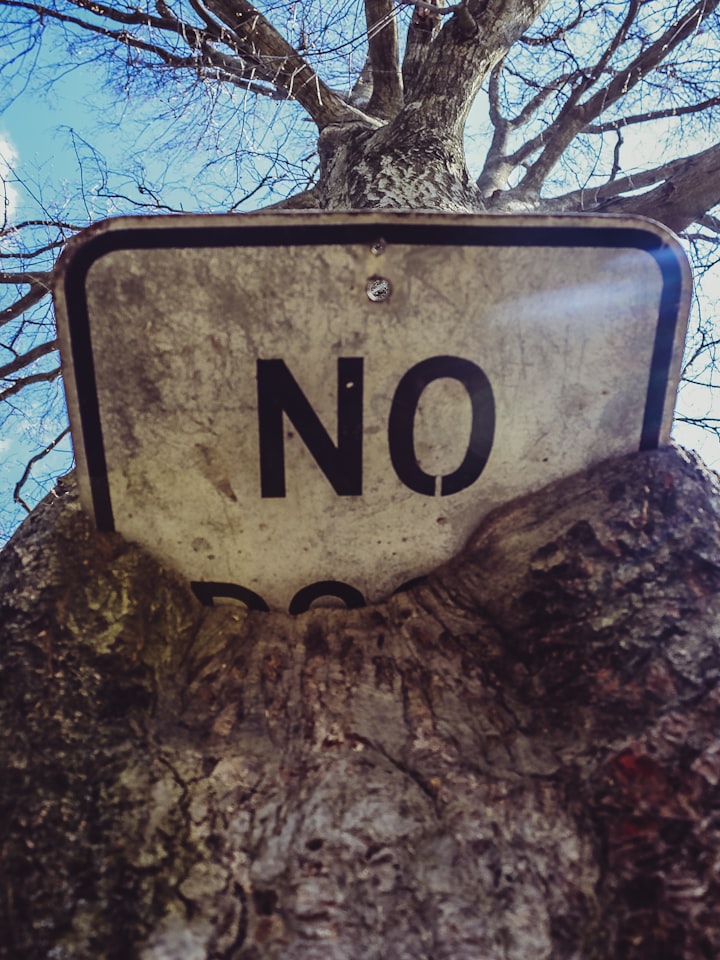
Use rejection for personal growth and feel free to say NO to some people or things. Learn more.
Kristin Weir, in her article, “The Pain of Social Rejection,” tags the horror of rejection as a rough injury. She concludes,“as far as the brain is concerned, a broken heart may not be so different from a broken arm.”
Have you ever had an accident with a leg injury?
Rejection is painful and often messes with our mental health. Yes, many people experience rejection every day. I know a lot about rejection. There are days I get up to ten rejections. Me too, I ignore some things and people many times every day.
I get it.
Rejection is not fun, and it’s a game you have to master the rule to live a happy and meaningful life. I think rejection rarely has something to do with us as human beings because we cannot control what others do.
“Oh! Come on, I’m nice, and I wouldn’t say I like hurting others’ feelings.” That’s okay, but rejection is like sunshine. We all get it or give it when we move out of our comfort zone.
Use rejection for your personal growth.
For example, a billionaire Jack Ma applied for Harvard University 10 times and was rejected 10 times. Guess what he does with Harvard now?
Have you ever experienced rejection? Let look at a common examples:
* Publication rejected your story.
* An employer rejected you after three rounds of interviews.
* You refused a lucrative job offer.
* You rejected the publication request to publish your article.
* Your parents frowned at your career choice.
* Mika rejected a marriage proposal in a sports stadium.
* Many of us ignored our parent’s advice.
* Alice turned down her spouse’s request to upgrade her wedding ring.
Our background or our state of mind at a particular time influences how we handle rejection. It’s not a one-size-fits-all.
However, rejection can cause some of us more harm than good.
Train yourself not to take rejection as personal failure.
Always hearing NO or YES in early childhood can be a trigger on how we handle rejection today.
First thing first, get to know yourself, practice self-acceptance and examine your belief around rejection.
To date, there’s one rejection that breaks my backbone and still is one top rejection of mine. It taught me how to live my life without much expectation from people or things and how some traditions need to go.
Hope matters. For me, hope with effort shows me ways to handle rejection.
My father’s funeral brought me the biggest rejection in life. My immediate in-law chose not to attend the celebration. It was obvious because I was not forewarned, and, at that time, I never expected such behavior from anyone.
As things worked out — I learned more about myself, examined my long-held tradition, and questioned my objectivity in family matters.
Train yourself not to take rejection as a personal failure. Rejection is less painful when we use it as life lessons and self-exploration.
Here are some tips for us to use:
Sometimes, say NO and do your own thing.
Love and value yourself more than others.
Create new traditions that work for you and your family.
Questioned your long-held values or culture that makes you comfortable and uncomfortable.
Why is this rejection?
What can you do about yes or no or maybe?
Is this rejection teaching us something?
What would you do in others’ situations?
Can you generate life lessons from your painful situation?
Replace pain with something meaningful — I read, write, organize, go to the park, library, beach, or talk with a friend.
Remember:
First thing first, work on yourself and your core belief about rejection. True, rejection is an emotional charge item attached to love and acceptance.
Practice self-love, self-acceptance, and self-compassion. These three things can help us minimize the pain of rejection.
Self-love — treat yourself better than you do to a stranger.
Self-acceptance — accept things you can change and things you cannot change, for example, gender, weight, skin color, profitable skills, and the length of your fingers.
Self-compassion — think twice before you criticize your body or your ideas.
Sure, rejection can mess with our brain, but it doesn’t make us unloveable, unvalued, or unprofitable.
For some people, rejection can be deadly, but you can choose freedom and happiness.
The good news is rejection means we keep our dream alive and keep improving ourselves again and again.
Help yourself grow.
References:
https://www.goodtherapy.org/learn-about-therapy/issues/rejection
https://www.psychologytoday.com/us/blog/the-squeaky-wheel/201307/10-surprising-facts-about-rejection
https://www.apa.org/monitor/2012/04/rejection
**The article was first published on another website.
**I have changed all names in this story.
About the Creator
BY
Hey Friends.
LMSW🦅social worker* Lifestyle consultant. I write about happiness, health, wisdom, & wealth. I enjoy organizing, gardening, puzzling, & investing.






Comments
There are no comments for this story
Be the first to respond and start the conversation.